
All present
Meeting once a month instead of twice means that monthly meeting is extra long – this one was 3 hours without the Executive Session. Next meeting will also be on the Committee’s Summer Schedule on August 17.Motions2016/287, 2016/288, 2016/289, 2016/290 (Mayor Kennedy) All four motions requested reports from the Superintendent regarding Lowell High. The reports request will be to review curriculum needs and plan for curriculum in tangent the design of Lowell High. Since an architect has been selected and named, consideration of how the building is configured to address curricular needs is timely.
Motion 289 requests a report in response to DESE’s recently published information naming Lowell’s expulsion and suspension rates (along with several other school districts). The DESE report and news release can be found
here. Ms. Durkin assured the committee that discussions are already underway to better understand and address this report.
2016/296 (Mr. Gignac) Request superintendent provide full year-end financials to the entire School Committee prior to year-end audit.
2016/297 (Mr. Gignac) Requests report on opiate prevention program/awareness programs.
2016/301 (Ms. Martin) Request status on Central Office hiring along with a current organization chart reflecting changes made in Central Office personnel due to retirements and resignations.
2016/305 (Mr. Gendron) Request Facilities Subcommittee name Butler School Auditorium for Maryalice Foley.
2016/306 (Mr. Gendron) Request Facilities Subcommittee establish quarterly meeting with the Lowell High Project Manager (Skanska OPM).
SubCommittee ReportThe July 13th Joint Policy and Student Services subcommittees met to revise School Policy for students with severe allergy and to address Mr. Hoey’s motion suggesting the creation of an early candidate pool for Lowell residents seeking employment in the Lowell Public Schools.Ms. Laura Ortiz spoke on behalf of 200-plus students who have
life-threatening reactions to allergens other than food. The Joint Committee is in favor of revisions suggested to the Lowell Public Schools Handbook which will include non-food allergies such as latex, insect bites/stings, and other allergens that can be life-threatening. The Joint Committee proposed the changes to the Handbooks and have requested their adoption. This was accomplished in Item
2016/299.A second topic for this joint committee was Mr. Hoey’s motion regarding creation of an early
hiring pool for Lowell residents seeking employment in the Lowell Public Schools. With the addition of language specifying that the Lowell residents needs to be qualified and certified in the area of the open position, Lowell residents are to be granted an interview.
Reports of the SuperintendentThere were 12 reports from the Superintendent addressing motions and regularly scheduled reporting (Personnel, Motions Report). Additionally, the report regarding the possibility of reconfiguring school zones is progressing as a Task Force consisting of parents, school personnel and community members is being formed. This group will meet beginning in late August or early September with the giant task of exploring rezoning the school district while respecting the Desegregation Order as well as being mindful of the capacity issues. Dr. Khelfaoui expressed that this process will be a multi-year phase in so as to respect the needs and desires of current LPS families as well as being mindful of the factors such as capacity that may be affected. Three reports received extra attention.In response to Connie Martin’s motions requesting information about
2015-16 educator evaluations, Anne Sheehy spoke to the process and the resulting reported data (see packet). As reported, any licensed educator in Massachusetts must be evaluated using the Commonwealth’s Teacher Evaluation Protocols. Currently Lowell Public Schools focuses on 15 elements (out of 30) during the evaluation cycle. The resulting evaluation data shows 12% are Exemplary, 86,7% Proficient, 2% Needs Improvement, and less than 1% Unsatisfactory. As Ms. Sheehy pointed out, this is phenomenal and further gives credence to the high quality of the educational staff in Lowell.The process of educator evaluation applies only to licensed staff at this time – from Superintendent to Teachers, Nurses, School Therapists and other support personnel, all go through the same process. Only licensed educators are evaluated using this process; those personnel who do not need Massachusetts licenses in order to work in the schools are not.
A lengthy discussion accompanied this report as this is a fairly recent initiative that has come through the U.S. Department of Education via DESE at the state level. It is quite involved and unless you have been through the process – and I have – it is difficult to understand. I will write a more thorough explanation in an upcoming blog. The short story is that any licensed educator undergoes a two-year evaluation cycle whereby goals (personal and student-based) are set, data-evidenced progress checked (Formatives) and end-of-cycle achievements proven (Summatives).A second longer discussion was reserved for Item
2016/300, the Year-to-Date Budget Report. Mr. Frisch (CFO) updated the Committee as to outstanding Purchase Orders amounting to about $3.45 million as of July 20. On July 29, the City will close the books on Fiscal 2016 and cancel any outstanding purchase orders as of the final run on that date.The School Department’s Finance people have preliminarily spoken with the City about creating a Suspense Account equal to the totality of those outstanding Purchase Orders so that vendors can be paid even though their invoices may not arrive before the City closes the books. That way the June Purchase Orders still awaiting vendor billing for Fiscal 2016 will be fulfilled through the 2016 budgeted amounts.Another point made during the discussion of this report was how there could be a “fifth quarter” payment for the Circuit Breaker (money for extraordinary Special Education costs provided by the Commonwealth). There was some confusion about how to handle these funds (include in Fiscal 2016 and then transfer to Suspense Account?) and whether the proposition from Central Administration would have financial implications for Fiscal 2017.The inclusion of a “5th quarter” Circuit Breaker payment from the Commonwealth appears to be a point of confusion. Apparently the Fiscal 2015 fourth quarterly Circuit Breaker payment was made in July last year which, with new administration is several key positions, resulted in the funds being allocated to Fiscal 2016 instead of Fiscal 2015. There was some question as to why the auditor did not discover three (not four) such deposits in 2015. Through this discovery, there is a proposal under consideration to use the fifth quarter, or windfall, to offset the loss of the 2017 Kindergarten Grant funds, and thereby preserve 17 paraprofessional positions for Fiscal 2017.
(Those who follow the state budget will recall that Governor Baker vetoed the Kindergarten Grant funding during the state budget process. The loss of the state budgeted Kindergarten Grant could potentially result in 17 paraprofessionals being displaced or laid off. This is one of the ways LPS is proposing to preserve those positions. The final decision on how to make up the loss in funding will be voted on in August at the next Committee meeting, 8/17.)Finally, an additional long discussion took place regarding sizeable negative balances in several line items. Mr. Frisch noted, the City takes a charge for Health Insurance (monthly) and Dental Insurance (bi-yearly?) and when doing so, some of the accounts impacted turn negative. When those charges occur, the line item charges may result in negative balances showing on the financial reports. As far as the City and City Auditor are concerned, the bottom line, not the specific line item balance, is what is important.Several School Committee members expressed discomfort with that process and suggested that the School Committee may need to consider meeting to make the financials more reflective of what actually happens with these costs/charges and transfer of funds.The third report receiving extra attention was the
Superintendent’s Evaluation. Dr. Khelfaoui took the School Committee step-by-step through his Formative Evaluation evidence (
remember, that is the progress-to-date evidence) and is soliciting the current Committee and the past Committee’s input into his one-year Formative evaluation (
next year is the Summative Year in the Superintendent’s two-year evaluation cycle). The School Committee members will meet with and complete their piece of the evaluation prior to the August 17 meeting; Mayor Kennedy will summarize these and the Formative Evaluation and any revisions to the Superintendent’s goals will result. This information is done in public, not through Executive Session.
New BusinessThe salary adjustments for unaffiliated staff were approved with a request from Mr. Gignac to provide the new job description for one of the positions. Custodial rate approved.Meeting adjourned from Executive Session. Meeting Packet can be found
here.





 In case you weren't paying attention, it is budget season here in Lowell, Massachusetts. The Superintendent's proposed budget is based on funds coming from Chapter 70 (state aide) and funds allocated by the City of Lowell. There are lots of moving parts to this process, including budget hearings which are generally open to the public and to public participation. The result is a financial roadmap for the coming fiscal year.
In case you weren't paying attention, it is budget season here in Lowell, Massachusetts. The Superintendent's proposed budget is based on funds coming from Chapter 70 (state aide) and funds allocated by the City of Lowell. There are lots of moving parts to this process, including budget hearings which are generally open to the public and to public participation. The result is a financial roadmap for the coming fiscal year. 




 And here are the wishlists from the Summer participants
And here are the wishlists from the Summer participants




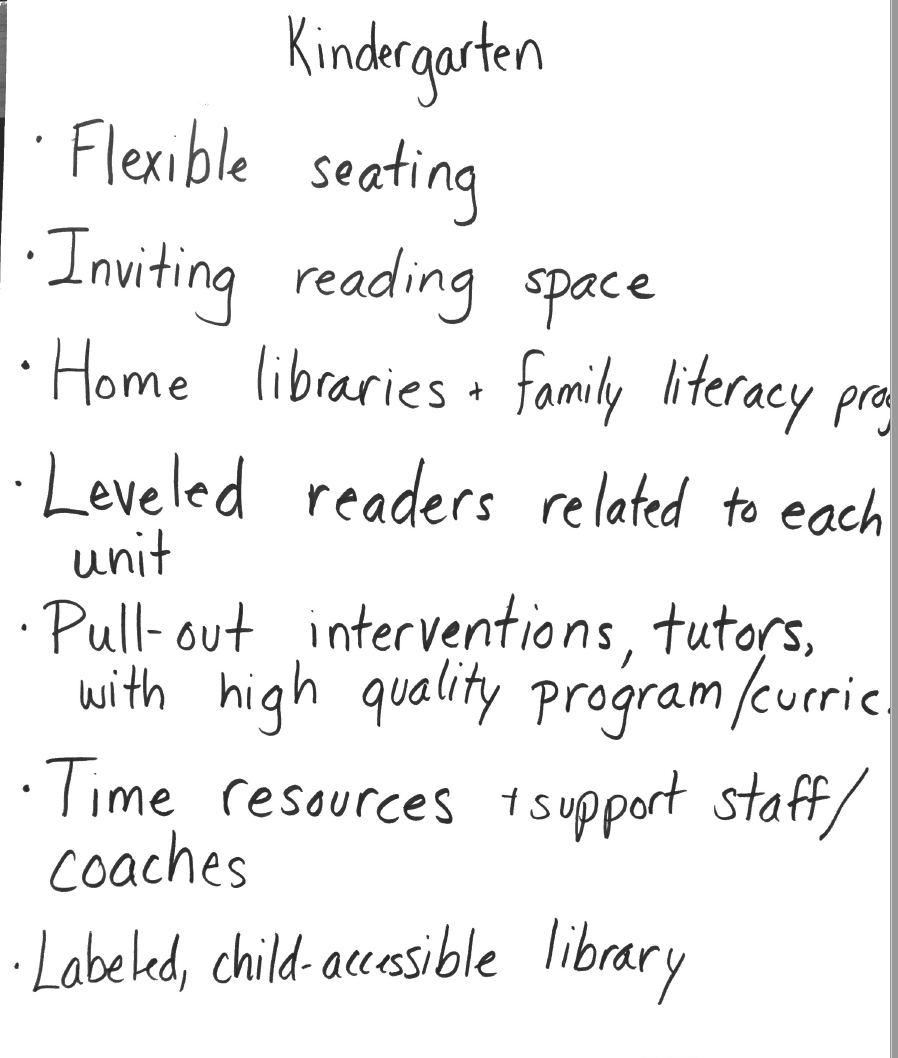
 I wonder how many other adults have experienced this? After about 30 minutes of intense focus, there is a need to get up and move. For me, moving around when I am actively engaging my brain applies in nearly every circumstance, and I notice it most especially during some training or class when my brain is powered up and I'm trying hard to retain new information.An article republished in the New York Times' Well column made me think of how sitting and movement impact learning for all students regardless of age level. Written for runners and titled
I wonder how many other adults have experienced this? After about 30 minutes of intense focus, there is a need to get up and move. For me, moving around when I am actively engaging my brain applies in nearly every circumstance, and I notice it most especially during some training or class when my brain is powered up and I'm trying hard to retain new information.An article republished in the New York Times' Well column made me think of how sitting and movement impact learning for all students regardless of age level. Written for runners and titled  Six present, Ms. Martin AbsentPrior to the beginning of the regular agenda, SC Gignac makes a motion to refer Item 13 to Negotiations subcommittee. Item 13 was a report of the Superintendent for the Policy on Admission of Children of Non-resident School Employees . Public input and/or comment will be allowed during the subcommittee's meeting when that meeting is scheduled.Spotlight on ExcellencePawtucketville Memorial Elementary School recently was recognized by National Title I Association for closing the student achievement gap and is one of two Massachusetts receiving recognition for their achievements. Principal McLean described the collaborative culture at the Pawtucketville Memorial Elementary School that brought this school from the 11th percentile (meaning 89% of all other schools performed better) to the 57th percentile over 5 years. The school’s achievement is impressive and national recognition of the school is well deserved. A large contingent of PMES teachers also attended last evening’s meeting. Over February School vacation, members of the school faculty have been invited to attend the annual Title I meeting in California where they will receive national recognition.A second spotlight on excellence highlighted the United Teachers of Lowell’s FirstBook “Books on Wheels” event where over 450 educators and 2,000 students received free new books. A video of the event can be found
Six present, Ms. Martin AbsentPrior to the beginning of the regular agenda, SC Gignac makes a motion to refer Item 13 to Negotiations subcommittee. Item 13 was a report of the Superintendent for the Policy on Admission of Children of Non-resident School Employees . Public input and/or comment will be allowed during the subcommittee's meeting when that meeting is scheduled.Spotlight on ExcellencePawtucketville Memorial Elementary School recently was recognized by National Title I Association for closing the student achievement gap and is one of two Massachusetts receiving recognition for their achievements. Principal McLean described the collaborative culture at the Pawtucketville Memorial Elementary School that brought this school from the 11th percentile (meaning 89% of all other schools performed better) to the 57th percentile over 5 years. The school’s achievement is impressive and national recognition of the school is well deserved. A large contingent of PMES teachers also attended last evening’s meeting. Over February School vacation, members of the school faculty have been invited to attend the annual Title I meeting in California where they will receive national recognition.A second spotlight on excellence highlighted the United Teachers of Lowell’s FirstBook “Books on Wheels” event where over 450 educators and 2,000 students received free new books. A video of the event can be found 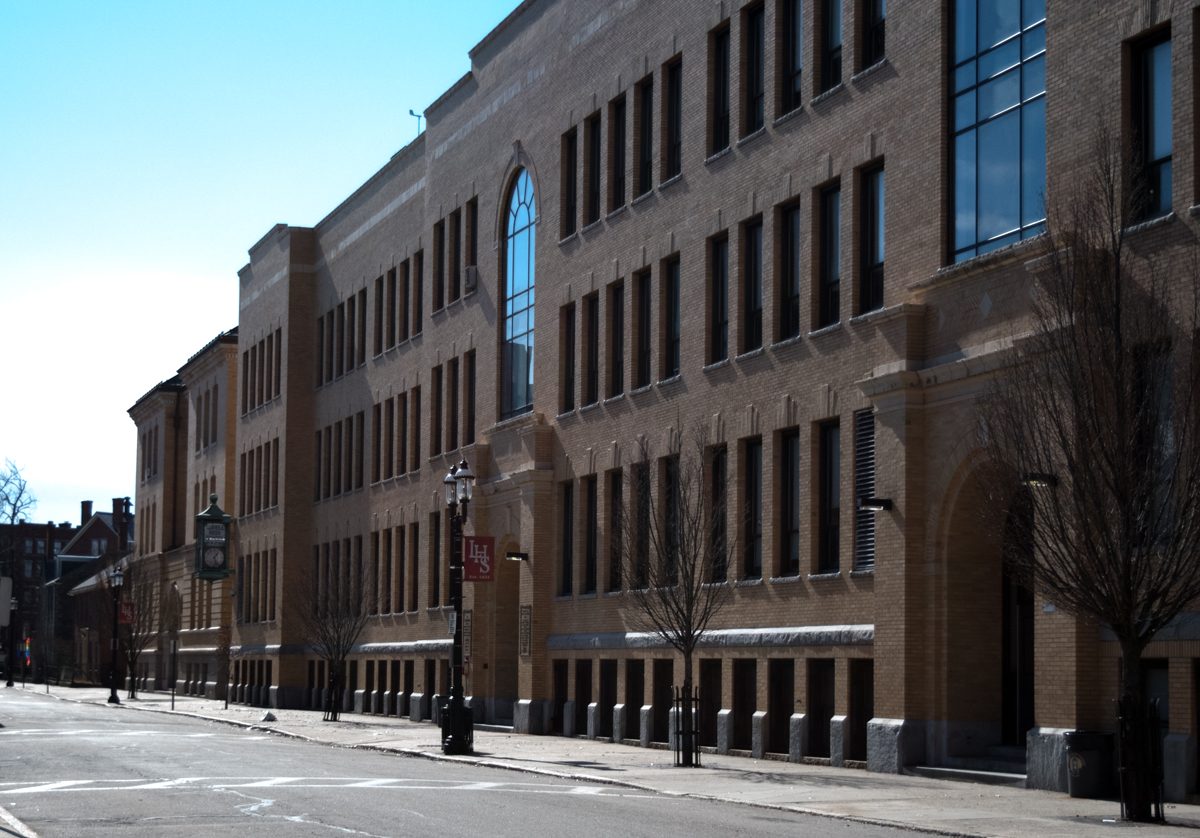 School Committee Meeting, 21 September 20166 present, Mr. Gendron AbsentThe items on tonight’s agenda were mostly routine. Business completed in just a few minutes beyond the one-hour mark. Permissions to EnterThree contracts approved for total of $120,200.MotionsWhile four motions were listed originally on the
School Committee Meeting, 21 September 20166 present, Mr. Gendron AbsentThe items on tonight’s agenda were mostly routine. Business completed in just a few minutes beyond the one-hour mark. Permissions to EnterThree contracts approved for total of $120,200.MotionsWhile four motions were listed originally on the 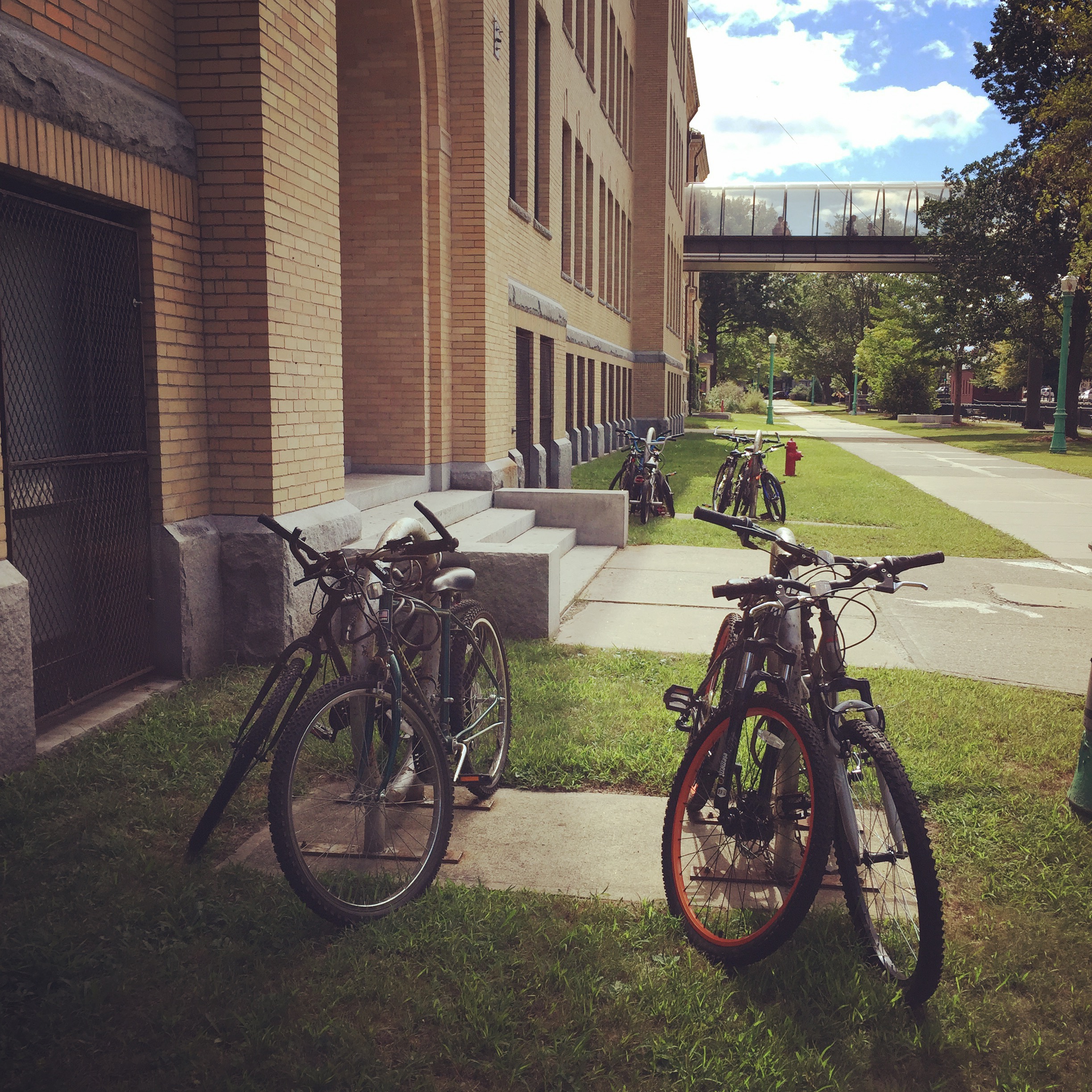 School Committee Meeting, 7 August 20166 present, Ms. Martin AbsentTonight’s meeting, the first after the start of the academic year, is the beginning of the regular twice-a-month meeting schedule. The agenda was short and to the point - under 1 hour. Some of the Superintendent’s remarks were lost due to a faulty microphone. However, from what I could surmise, the topic will be revisited at a future meeting. Permissions to EnterContracts for both Deputy Superintendent Jeannine Durkin and Assistant Superintendent for Curriculum Robin Desmond were approved. $56,000 to SEEN collaborative for out-of-district Special Education service was also approved.Public Participation
School Committee Meeting, 7 August 20166 present, Ms. Martin AbsentTonight’s meeting, the first after the start of the academic year, is the beginning of the regular twice-a-month meeting schedule. The agenda was short and to the point - under 1 hour. Some of the Superintendent’s remarks were lost due to a faulty microphone. However, from what I could surmise, the topic will be revisited at a future meeting. Permissions to EnterContracts for both Deputy Superintendent Jeannine Durkin and Assistant Superintendent for Curriculum Robin Desmond were approved. $56,000 to SEEN collaborative for out-of-district Special Education service was also approved.Public Participation All presentMeeting once a month instead of twice means that monthly meeting is extra long – this one was 3 hours without the Executive Session. Next meeting will also be on the Committee’s Summer Schedule on August 17.Motions2016/287, 2016/288, 2016/289, 2016/290 (Mayor Kennedy) All four motions requested reports from the Superintendent regarding Lowell High. The reports request will be to review curriculum needs and plan for curriculum in tangent the design of Lowell High. Since an architect has been selected and named, consideration of how the building is configured to address curricular needs is timely.Motion 289 requests a report in response to DESE’s recently published information naming Lowell’s expulsion and suspension rates (along with several other school districts). The DESE report and news release can be found
All presentMeeting once a month instead of twice means that monthly meeting is extra long – this one was 3 hours without the Executive Session. Next meeting will also be on the Committee’s Summer Schedule on August 17.Motions2016/287, 2016/288, 2016/289, 2016/290 (Mayor Kennedy) All four motions requested reports from the Superintendent regarding Lowell High. The reports request will be to review curriculum needs and plan for curriculum in tangent the design of Lowell High. Since an architect has been selected and named, consideration of how the building is configured to address curricular needs is timely.Motion 289 requests a report in response to DESE’s recently published information naming Lowell’s expulsion and suspension rates (along with several other school districts). The DESE report and news release can be found 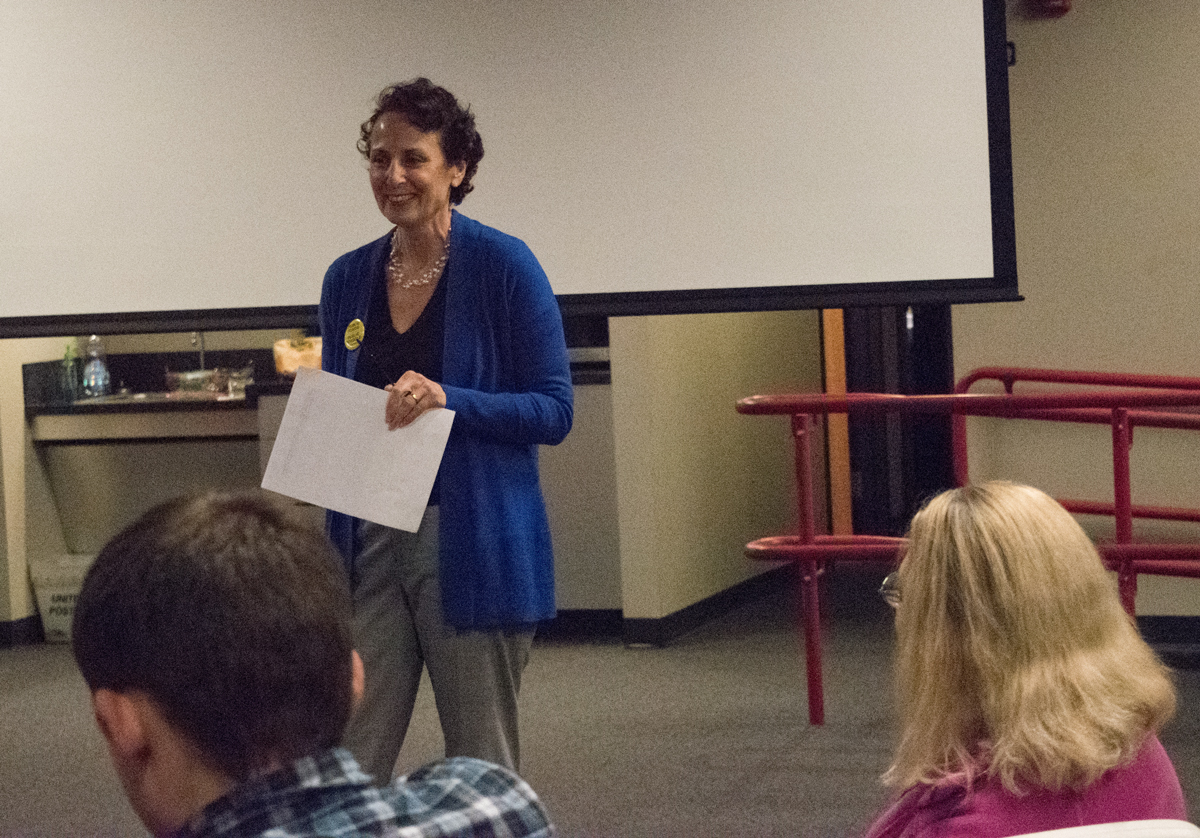 Driven by an $18 million advertising campaign, those in favor of lifting the current cap on charter school seats have launched an all-out effort to increase the number of seats allocated to charter schools. This
Driven by an $18 million advertising campaign, those in favor of lifting the current cap on charter school seats have launched an all-out effort to increase the number of seats allocated to charter schools. This 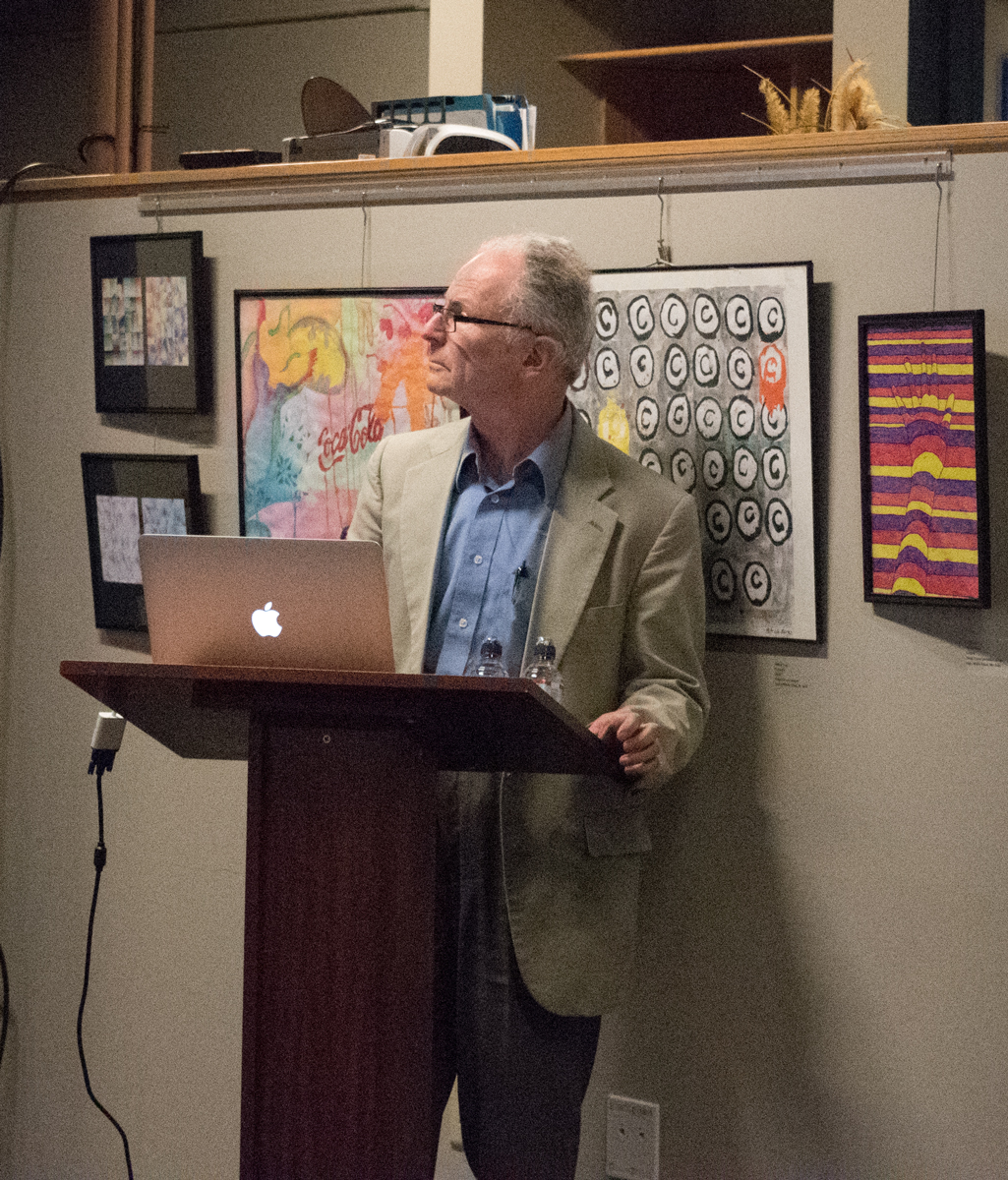 information regarding how local funding is allocated to charter schools within a district and pointed out that our very own Commonwealth does not always fund (in fact almost never) the state budget adequately to provide the legislated reimbursement to municipal budgets. The trickle down effect of the under-funding is that traditional public school budgets and/or municipalities make up the gap in funds through their own budgets.Thinking about Lowell's budget this current year, about $17 million was paid to charter schools for Lowell students and approximately $3 million was reimbursed by the Commonwealth. That $3 million was about $1.3 million short of the state's responsibility. When there is a shortfall in the reimbursement funding, the local community must fill the gap between assessed amount and state reimbursement. In other words, a traditional public school program might need to be cut or a municipal service eliminated. Cities and towns often find themselves making difficult financial decisions because the Commonwealth does not live up to its promises.According to the DESE website, Lowell's 2016-17 assessment will be based on 1,494 students enrolled in charter schools (15,300 in traditional public schools) which represents 9.8% of the foundation enrollment. A District payment of $18,430,028 will be assessed with the mythical reimbursement of $3,708,525 from the Commonwealth IF charter reimbursements are fully funded in the state budget. And if not.... well Lowell, already tightening fiscal belts and consolidating programs, will need to find the difference somewhere in the City's budget.The Q&A session from the group continued discussion about the impact of the ballot initiative fiscally and educationally. Several raised concerns about increasing charter seats and how that might impact the proposed budget for next fiscal year. There was some surprise to learn that if a student is counted as enrolled in a charter school on October 1, but leaves to return to the city's public schools after that, the per pupil funding stays at the charter school until the next school year.There was interest in continuing informational discussions in the near future.If you, or someone you know would like to continue to be informed about this issue, we invite you to email the local group at lowellcps@gmail.com to be added to the email list. Additional information about Citizens for Public Schools and their advocacy efforts can be found on either their
information regarding how local funding is allocated to charter schools within a district and pointed out that our very own Commonwealth does not always fund (in fact almost never) the state budget adequately to provide the legislated reimbursement to municipal budgets. The trickle down effect of the under-funding is that traditional public school budgets and/or municipalities make up the gap in funds through their own budgets.Thinking about Lowell's budget this current year, about $17 million was paid to charter schools for Lowell students and approximately $3 million was reimbursed by the Commonwealth. That $3 million was about $1.3 million short of the state's responsibility. When there is a shortfall in the reimbursement funding, the local community must fill the gap between assessed amount and state reimbursement. In other words, a traditional public school program might need to be cut or a municipal service eliminated. Cities and towns often find themselves making difficult financial decisions because the Commonwealth does not live up to its promises.According to the DESE website, Lowell's 2016-17 assessment will be based on 1,494 students enrolled in charter schools (15,300 in traditional public schools) which represents 9.8% of the foundation enrollment. A District payment of $18,430,028 will be assessed with the mythical reimbursement of $3,708,525 from the Commonwealth IF charter reimbursements are fully funded in the state budget. And if not.... well Lowell, already tightening fiscal belts and consolidating programs, will need to find the difference somewhere in the City's budget.The Q&A session from the group continued discussion about the impact of the ballot initiative fiscally and educationally. Several raised concerns about increasing charter seats and how that might impact the proposed budget for next fiscal year. There was some surprise to learn that if a student is counted as enrolled in a charter school on October 1, but leaves to return to the city's public schools after that, the per pupil funding stays at the charter school until the next school year.There was interest in continuing informational discussions in the near future.If you, or someone you know would like to continue to be informed about this issue, we invite you to email the local group at lowellcps@gmail.com to be added to the email list. Additional information about Citizens for Public Schools and their advocacy efforts can be found on either their  5 present, Mr. Gendron absent.There have been many reports that this budget season is going to be a tight one. Although the City has committed to increasing their contribution by $1 million, the school department had recently floated a budget total with an additional $1 million deficit gap.Dr. Khelfaoui was on record as against making up the $1 million deficit through cuts to classroom teaching staff (
5 present, Mr. Gendron absent.There have been many reports that this budget season is going to be a tight one. Although the City has committed to increasing their contribution by $1 million, the school department had recently floated a budget total with an additional $1 million deficit gap.Dr. Khelfaoui was on record as against making up the $1 million deficit through cuts to classroom teaching staff (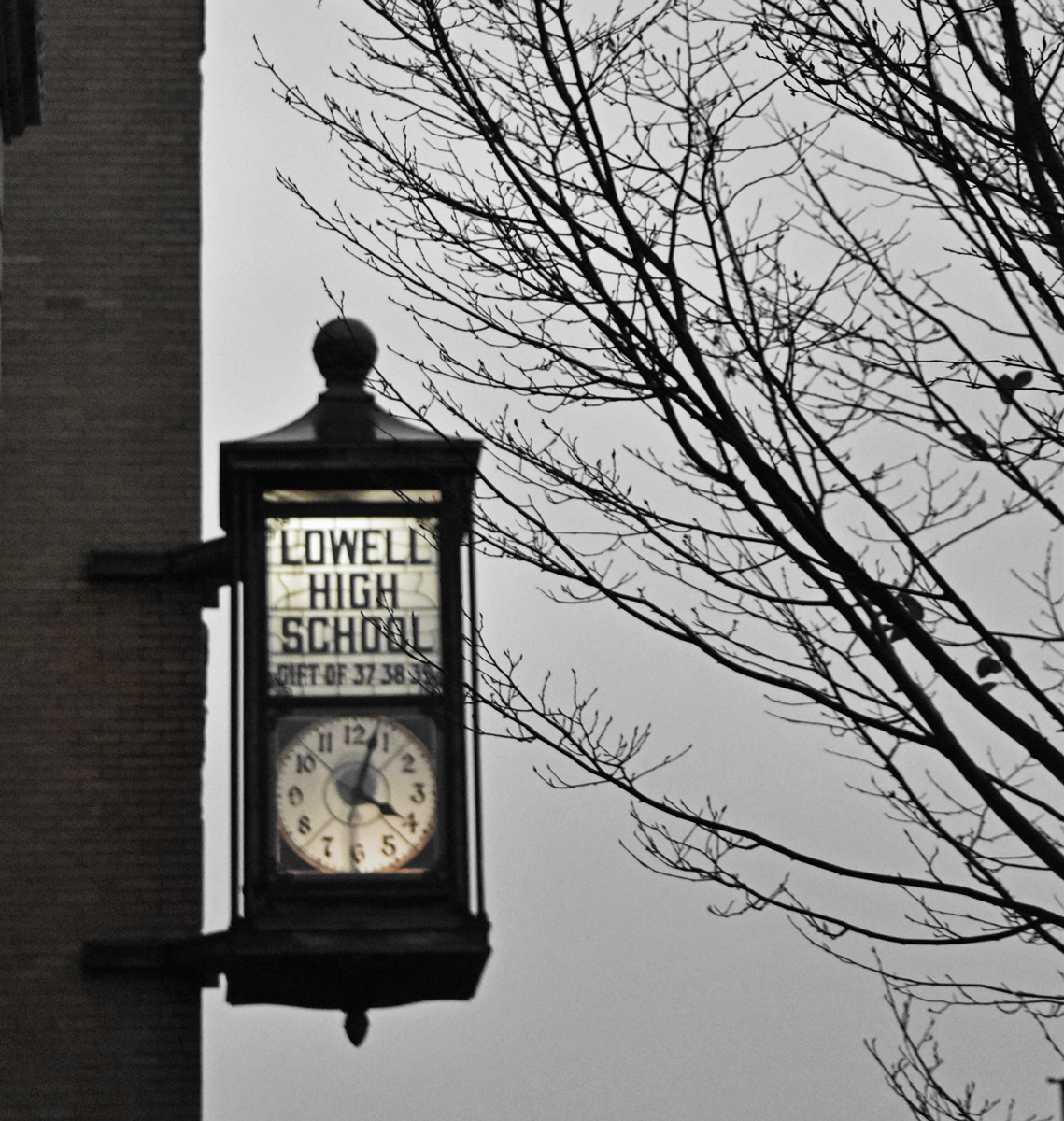 All members present.The Special Order of Business tonight focused on the Kathryn Stoklosa Knowledge Bowl competition, which has been a yearly academic match-up since 1988. The 2016 winning Wang Middle School Team was featured along with all participants. Congrats to the Wang Team and their coaches and to all the participating teams from Middle Schools around the City. This is a huge undertaking and Carolyn Rocheleau Feeney who organizes the event received well-deserved praise.The Wang Knowledge Bowl Team now continues on to a Regional Knowledge Bowl Competition scheduled for June 6-7 at the Stoklosa School.MotionsThere were 2 motions on the agenda. The motions included:
All members present.The Special Order of Business tonight focused on the Kathryn Stoklosa Knowledge Bowl competition, which has been a yearly academic match-up since 1988. The 2016 winning Wang Middle School Team was featured along with all participants. Congrats to the Wang Team and their coaches and to all the participating teams from Middle Schools around the City. This is a huge undertaking and Carolyn Rocheleau Feeney who organizes the event received well-deserved praise.The Wang Knowledge Bowl Team now continues on to a Regional Knowledge Bowl Competition scheduled for June 6-7 at the Stoklosa School.MotionsThere were 2 motions on the agenda. The motions included:
 Twenty-seven items were posted on this agenda which included an Executive Session to discuss contract negotiations and consideration of contract extensions for two Assistant Superintendents. Although most of the meeting was routine, there were two points that caused longer discussion: STEM at Lowell High and a move to use the PARCC test this Spring.There appeared to be a glitch posting the packet and agenda on the LPS website for this meeting as it did not appear on the School Committee website until a day before the meeting. While this was resolved in time for the meeting, there is interest from the community in the agenda; it would be beneficial to also see the agenda in time for people to consider the issues being discussed. By also publishing minutes for the Subcommittees, more citizens who are interested in the Lowell School System can better understand the issues facing the schools and understand and even contribute meanfully to the decision-making process.
Twenty-seven items were posted on this agenda which included an Executive Session to discuss contract negotiations and consideration of contract extensions for two Assistant Superintendents. Although most of the meeting was routine, there were two points that caused longer discussion: STEM at Lowell High and a move to use the PARCC test this Spring.There appeared to be a glitch posting the packet and agenda on the LPS website for this meeting as it did not appear on the School Committee website until a day before the meeting. While this was resolved in time for the meeting, there is interest from the community in the agenda; it would be beneficial to also see the agenda in time for people to consider the issues being discussed. By also publishing minutes for the Subcommittees, more citizens who are interested in the Lowell School System can better understand the issues facing the schools and understand and even contribute meanfully to the decision-making process.
 ere there was some discussion.After the roll call, Mr. Gendron received committee persmission to have LHS students from Generation Citizen address the Committee. If you, like I, were a bit confused about the program, here is a
ere there was some discussion.After the roll call, Mr. Gendron received committee persmission to have LHS students from Generation Citizen address the Committee. If you, like I, were a bit confused about the program, here is a 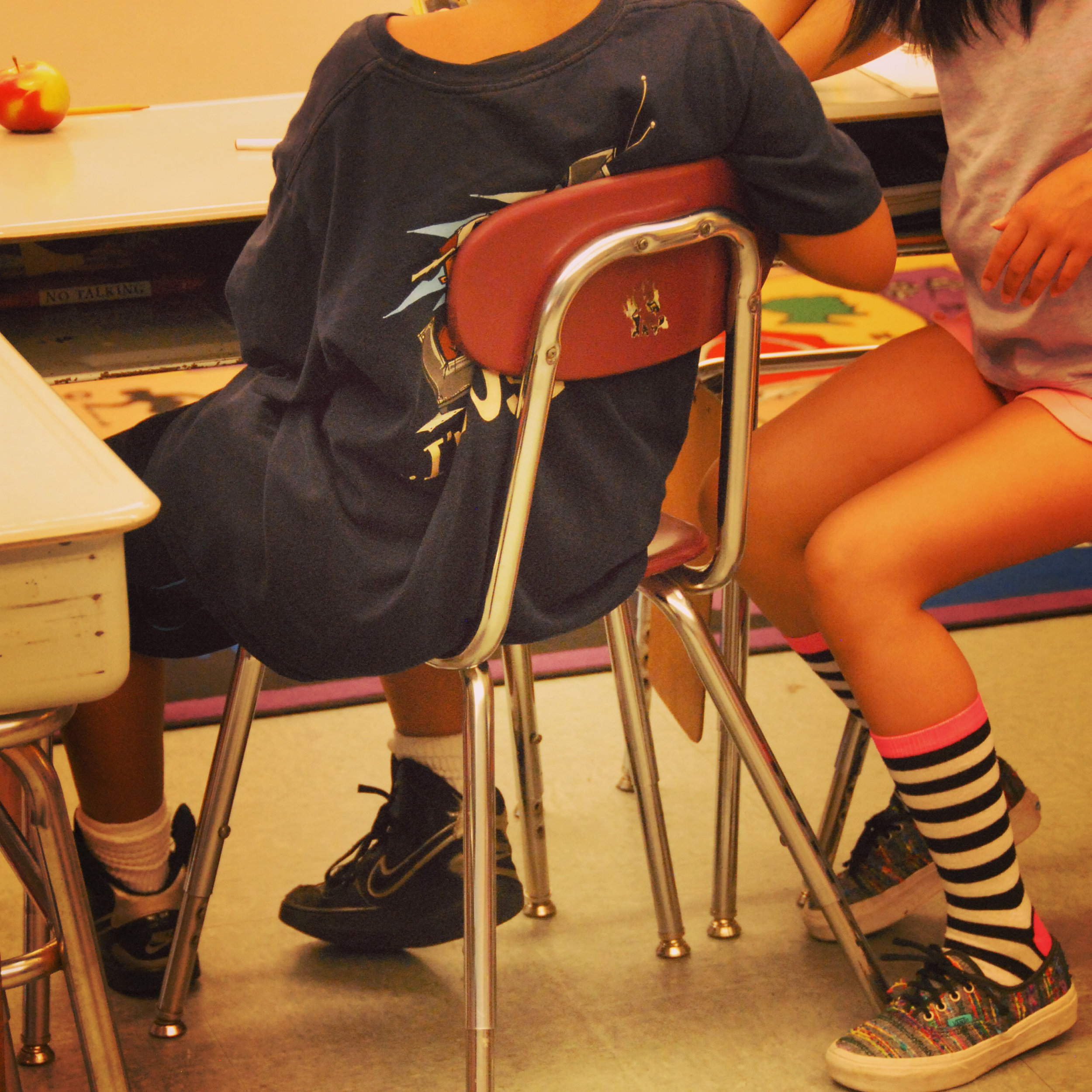
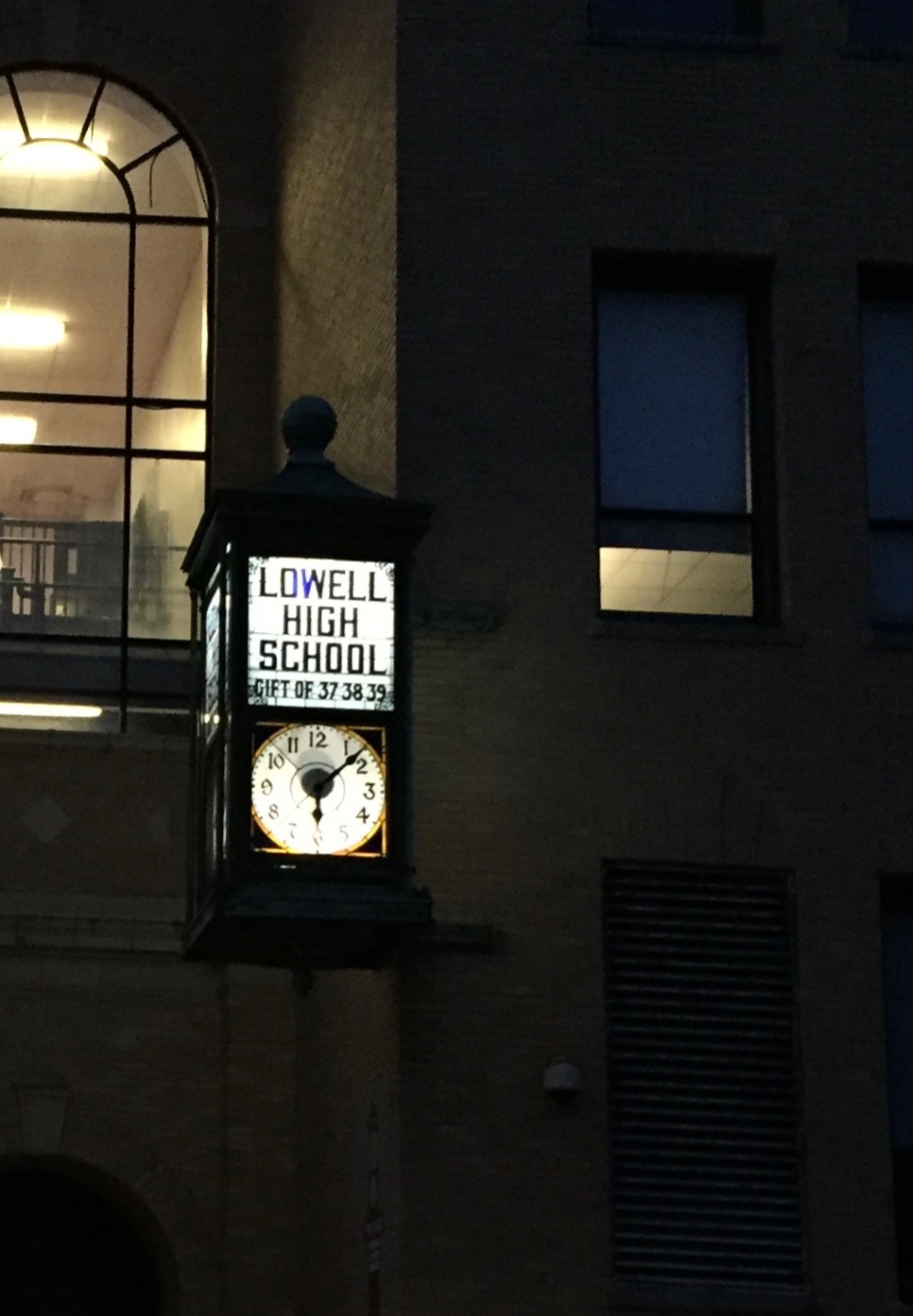 All members present.This is the last meeting for 2015 and therefore, the last time this particular group of members will meet as a School Committee.The published agenda for this meeting was 33 items long, and given some of the topics, I thought we all might need to pack sleeping bags and snacks. However, the Reports of the Superintendent - all 17 of them - were taken as a whole leaving more time to allow departing members to make farewell commentary.Special Orders of BusinessThis meeting highlighted the achievements of four teams from Lowell High: Cheerleading, Crew, Boys’ Cross Country, Girls’ Cross Country and Boys’ Soccer. Along with the team members, special recognition was given to coaches and senior members of each team.The new interim principal for the Stoklosa School (replacing Nancy O’Loughlin, retiring this month) was introduced. Roland Boucher, retired administrator has been named interim principal through the end of this school year.Permission To EnterUsually I do not comment on these transactions because they are often routine approvals for items such as expenses incurred for Special Education plans. However, a newly added request from Safe Havens International, Inc. <link to site their site
All members present.This is the last meeting for 2015 and therefore, the last time this particular group of members will meet as a School Committee.The published agenda for this meeting was 33 items long, and given some of the topics, I thought we all might need to pack sleeping bags and snacks. However, the Reports of the Superintendent - all 17 of them - were taken as a whole leaving more time to allow departing members to make farewell commentary.Special Orders of BusinessThis meeting highlighted the achievements of four teams from Lowell High: Cheerleading, Crew, Boys’ Cross Country, Girls’ Cross Country and Boys’ Soccer. Along with the team members, special recognition was given to coaches and senior members of each team.The new interim principal for the Stoklosa School (replacing Nancy O’Loughlin, retiring this month) was introduced. Roland Boucher, retired administrator has been named interim principal through the end of this school year.Permission To EnterUsually I do not comment on these transactions because they are often routine approvals for items such as expenses incurred for Special Education plans. However, a newly added request from Safe Havens International, Inc. <link to site their site